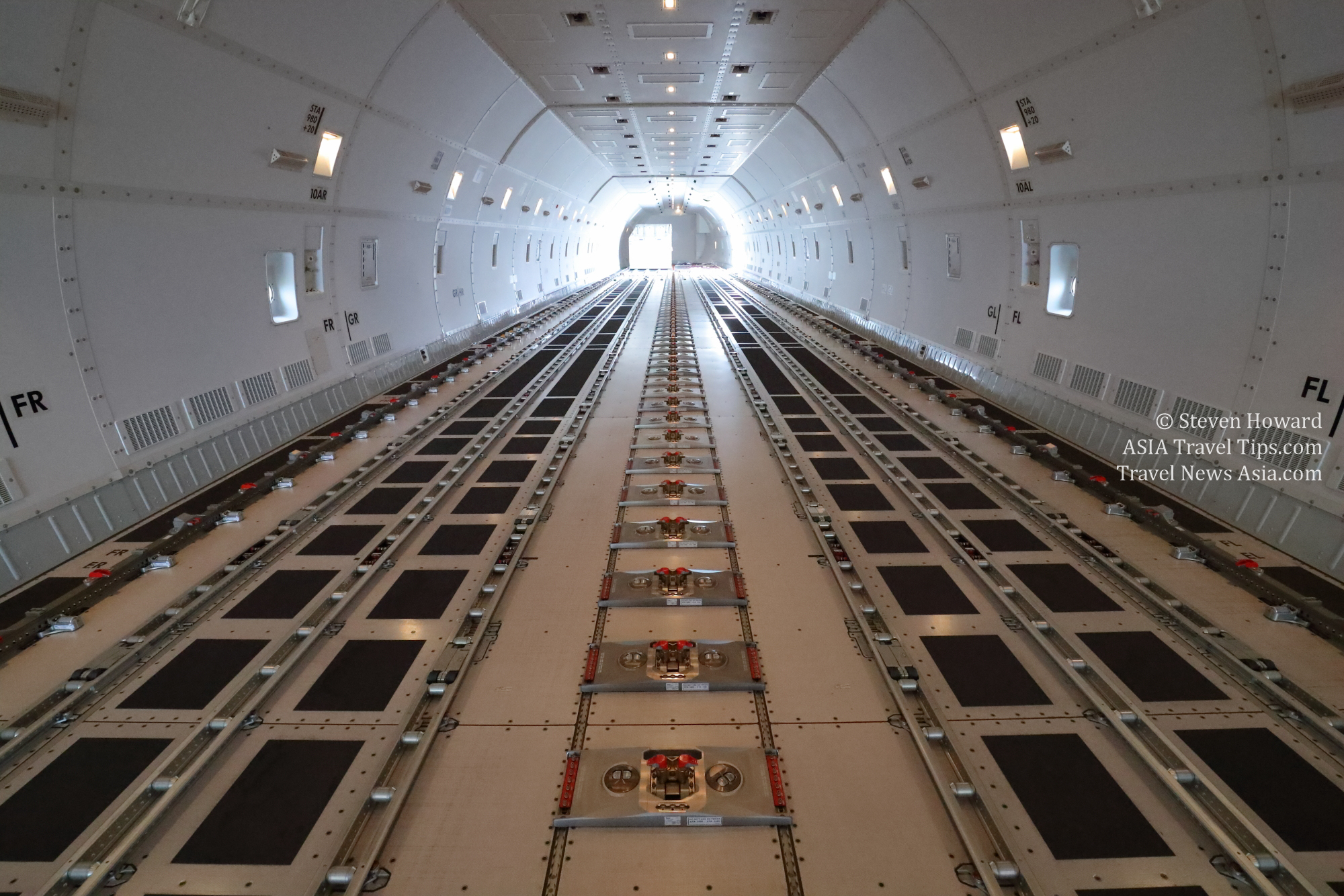|
IATA has urged the air cargo industry to continue
working together at the same pace, with the same levels of
cooperation as during the COVID19 pandemic to overcome future
challenges and build industry resilience.
�During the crisis, air cargo has been a lifeline
for society, delivering critical medical supplies and vaccines
across the globe and keeping international supply chains open.
And, for many airlines, cargo became a vital source of revenue
when passenger flights were grounded,� said Brendan Sullivan,
IATA�s Global Head of Cargo. �In 2020, the air cargo industry
generated $129 billion, which represented approximately a third of
airlines� overall revenues, an increase of 10�15% compared to
pre-crisis levels. Looking towards the future, the outlook is
strong. We need to maintain the momentum established during the
crisis and continue building resilience post pandemic.�

World trade is forecast to grow at 9.5% this year
and 5.6% in 2022, e-commerce continues to grow at a double-digit
rate, and demand for high-value specialized cargo � such as
temperature-sensitive healthcare goods and vaccines - is rising.
This year, cargo demand is expected to exceed
pre-crisis (2019) levels by 8% and revenues are expected to rise
to a record $175 billion, with yields expected to grow by 15%.
In 2022 demand is expected to exceed pre-crisis
(2019) levels by 13% with revenues expected to rise to $169
billion although there will be an 8% decline in yields.
�The surge in demand for air cargo and attractive
yields are not without complications. Pandemic restrictions have
led to severe global supply- chain congestion and created
hardships for aircrew crossing international borders. Resourcing
and capacity, handling and facility space and logistics will be an
issue. This will create further operational challenges for our
industry that must be planned for now. But we have demonstrated
resilience throughout the crisis and with that same focus we will
overcome these challenges,� said Sullivan.
IATA highlighted three major projects moving the
industry towards digitalization and the progress being made in
each:
- E-air waybill is at 75% now and is expected to
achieve 100% by the end of 2022.
- IATA�s ONE Record vision, enabling the whole
supply chain to work together off one standardized and
exchangeable set of data has 17 pilots in progress involving 145
companies and 3 customs authorities.
- IATA�s Cargo XML messaging standards are being
accepted by an increasing number of customs authorities.
Safety is always a priority for the industry,
specifically the transport of lithium batteries. IATA has called
for:
- Regulatory authorities (EASA and FAA) to
accelerate development of a test standard that can be used to
demonstrate that fire containment pallet covers and fire-resistant
containers are capable of withstanding a fire involving lithium
batteries.
- Government authorities to step up and take
responsibility for stopping rogue producers and exporters of
lithium batteries.
- Industry to step up and expand the collection of
incident data and develop methods for the data to be shared to
support the airlines� safety risk assessment processes.
See latest
Travel Industry News,
Video
Interviews,
Pictures,
Podcasts
and other
news regarding:
IATA,
Cargo,
Freight.
|
Headlines: |
|
|
